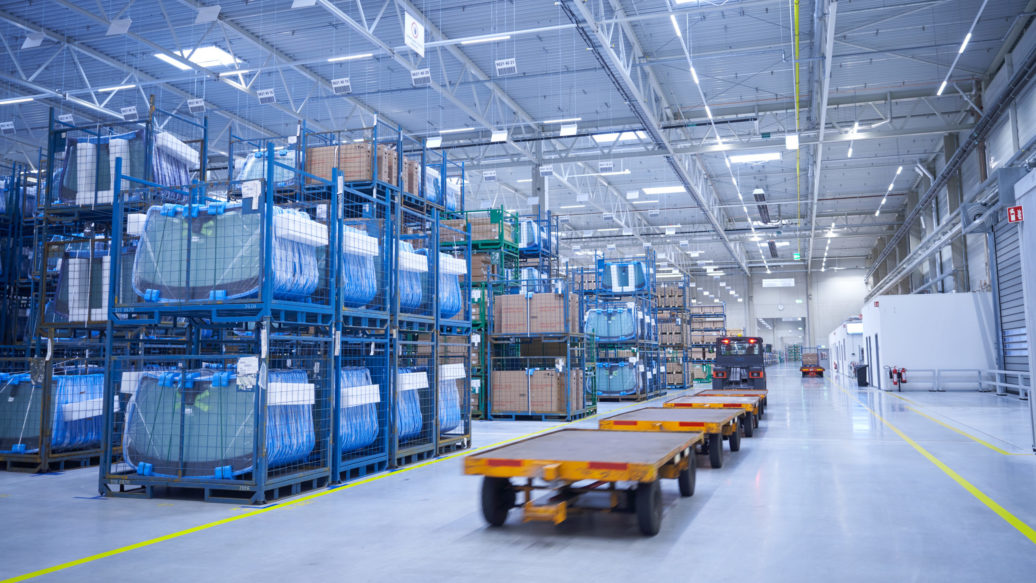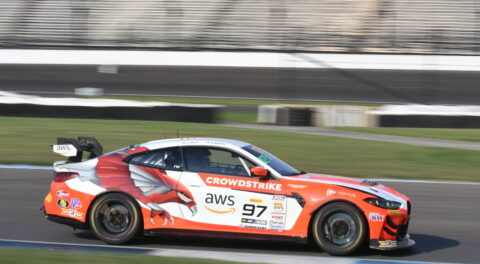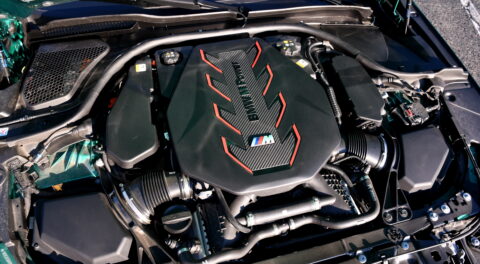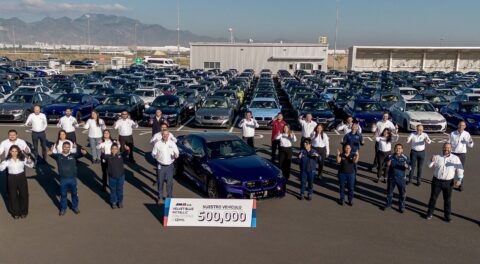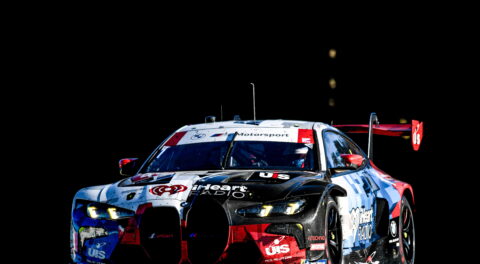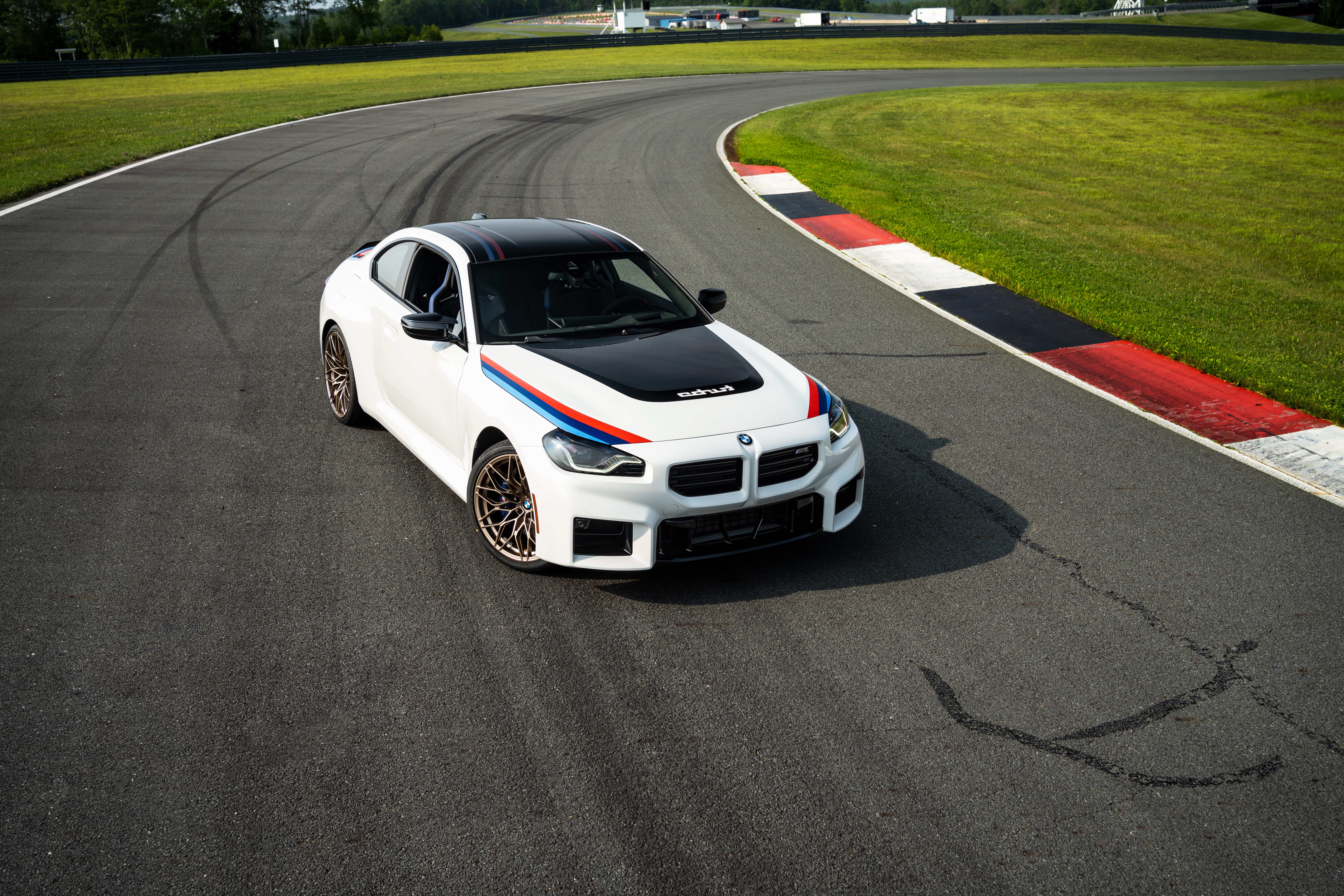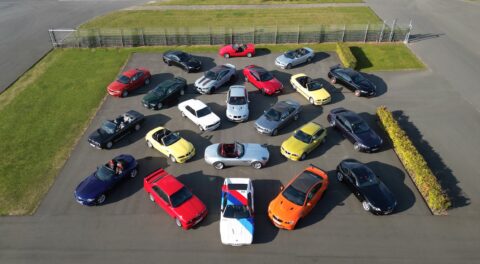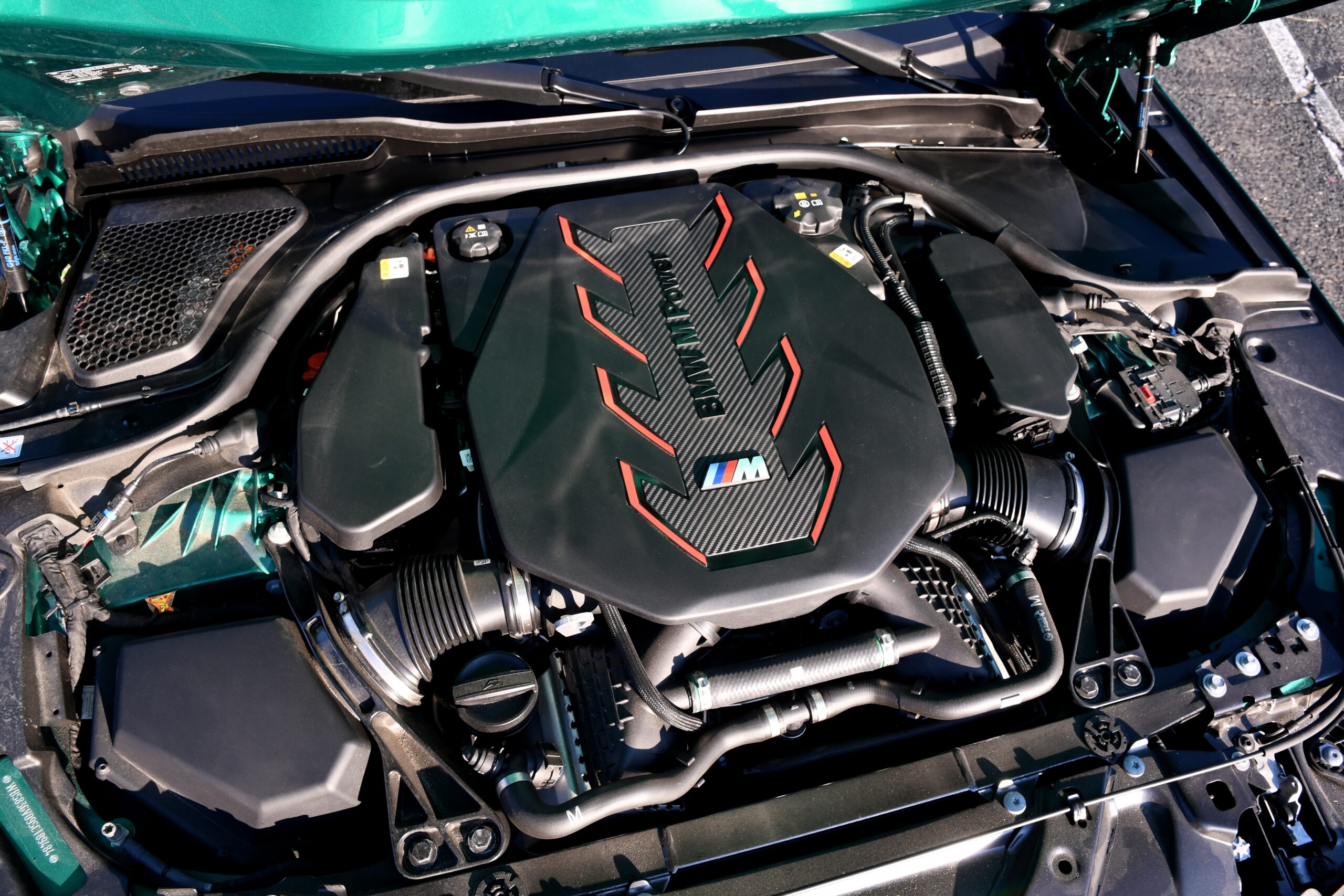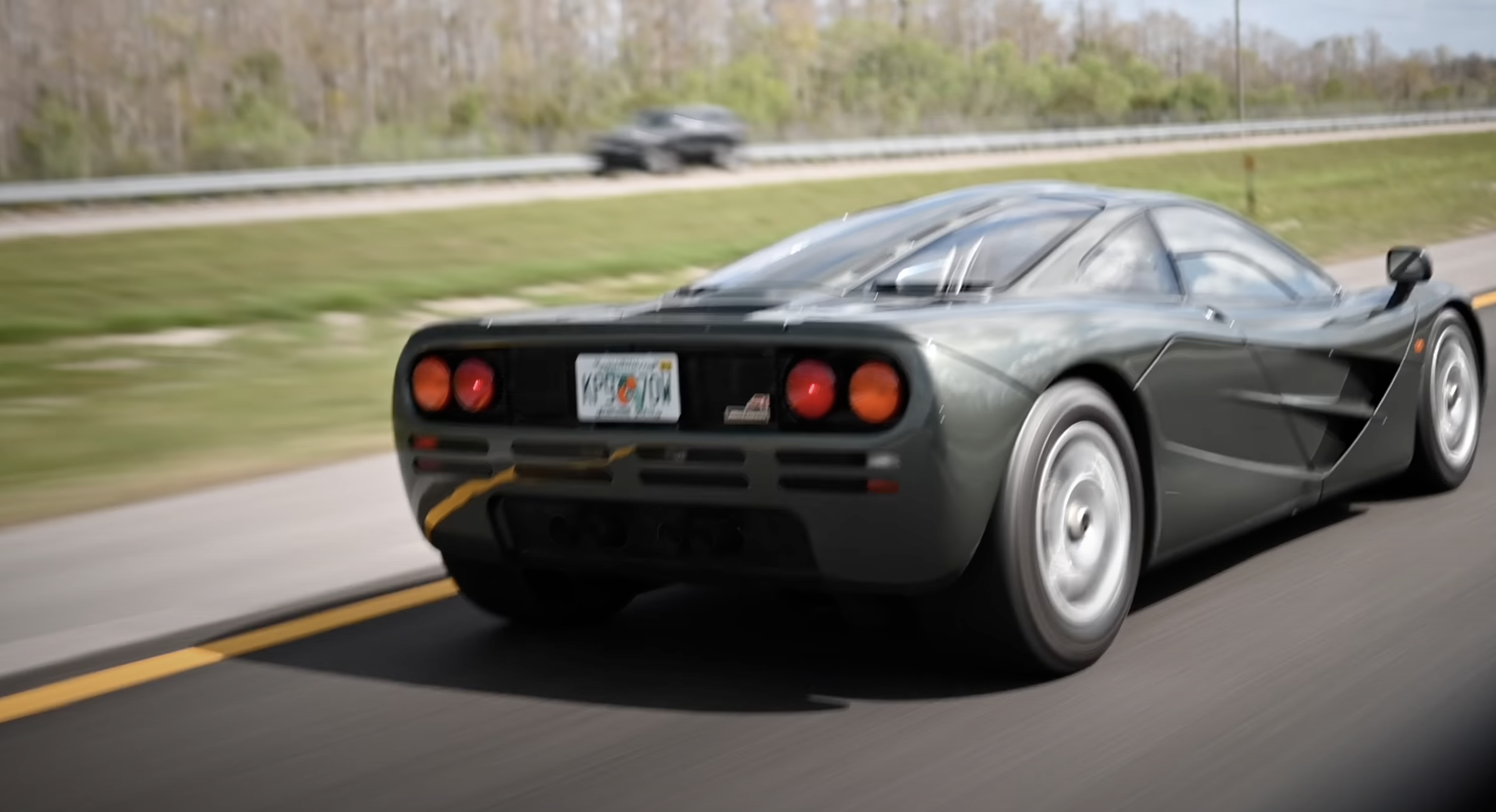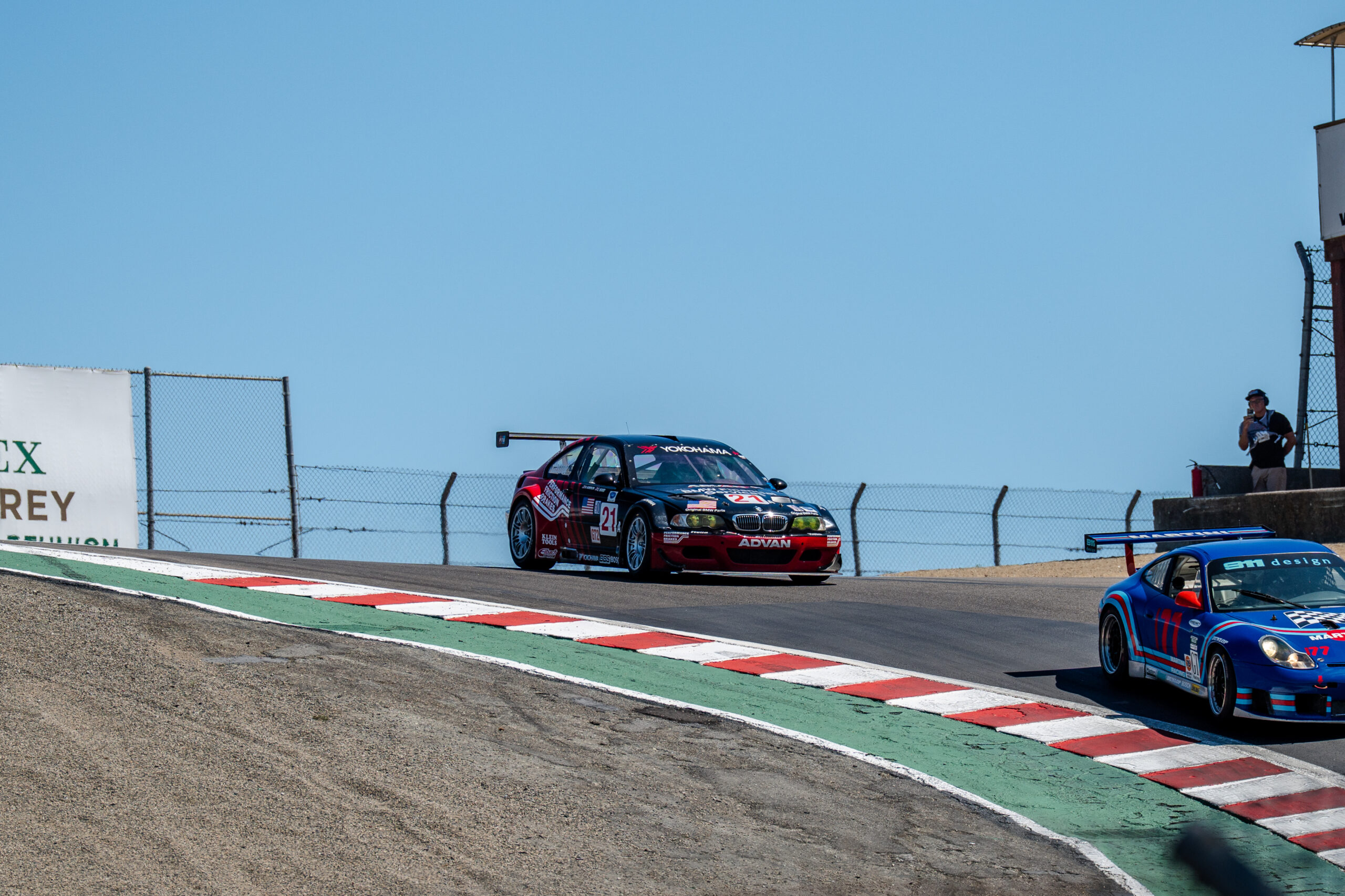Leadership at the BMW Group express that the company is taking what’s been referred to as “holistic view” of sustainability, which translates to looking at the bigger picture of environmental impact, and not just tailpipe emissions. The approach includes the company taking steps to power its worldwide manufacturing network using a variety of forms of renewable energy, producing vehicles which are both efficient in use and design, and generally operating in a responsible way, which will allow the century-old automaker to exist for another hundred years—at least.
Efforts centered around this mission have been paying off, and in 2020, BMW was recognized as the world’s most sustainability automaker on the Dow Jones index. The company has been using renewed and recycled materials in production for some time now, perhaps most notably in models such as the i3, and has reduced carbon emissions associated with production operations by 70% from 2006 to 2019. The curtailment of emissions was achieved through sustainable practices which range from powering sprawling factories with wind, solar, and water (hydropower), to more focused initiatives like the using recycled water and AI in the paint process to both reduce raw material input, and cut down on rejected output.
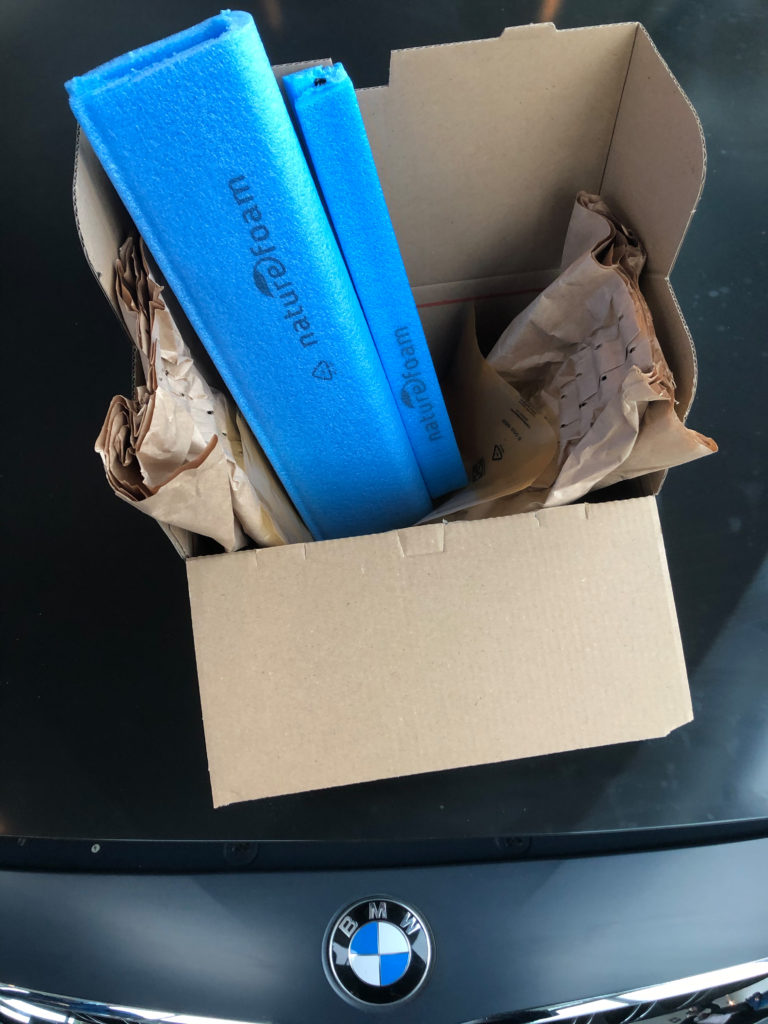
One of BMW’s latest sustainability efforts concerns spare parts; more specifically the materials used to package and protect them. Starting in 2016, anti-corrosion coverings referred to as VCI (volatile corrosion inhibitor) films used to protect metals from the elements have been made from fruit extract. The material has a faint yet pleasant coconut smell, but contains no nitrates or amines, meaning it comes with no compromise in terms of the level of protection it offers. For protecting something as fragile as a windshield or panel of glass, automakers have relied on form-fitted edge-insulating pieces of foam for some time now. At BMW, these foam profiles are now being made from a material called Naturefoam, which is based on sugarcane. Foam pieces made from sugarcane are also used to protect a number of things beyond windshields and glass panes, and BMW has used the new Naturefoam material to replace four other previous designs.
Fiber castings represent another area of interest, as cartons made from the material are used extensively in packaging and organization of spare parts. For the average consumer, a carton of eggs is the most common comparison, but any time you’ve unboxed a new printer or other piece of electronics, you’ve likely interacted with one or more. BMW is developing alternative, low-emissions paper made from grass and hemp for the production of packaging cartons. According to Kristina Wolfertz, head of packaging planning and development, it’s about taking an end-to-end approach: “For us, packaging is only really sustainable if it has a positive ecological balance throughout its entire life cycle—from manufacture to disposal. And wherever plastic simply cannot be avoided, we will significantly increase the proportion of recycled materials.” Once the new sustainable packaging cartons have served their purpose by protecting and insulating whatever they were moulded to, the material can be recycled.
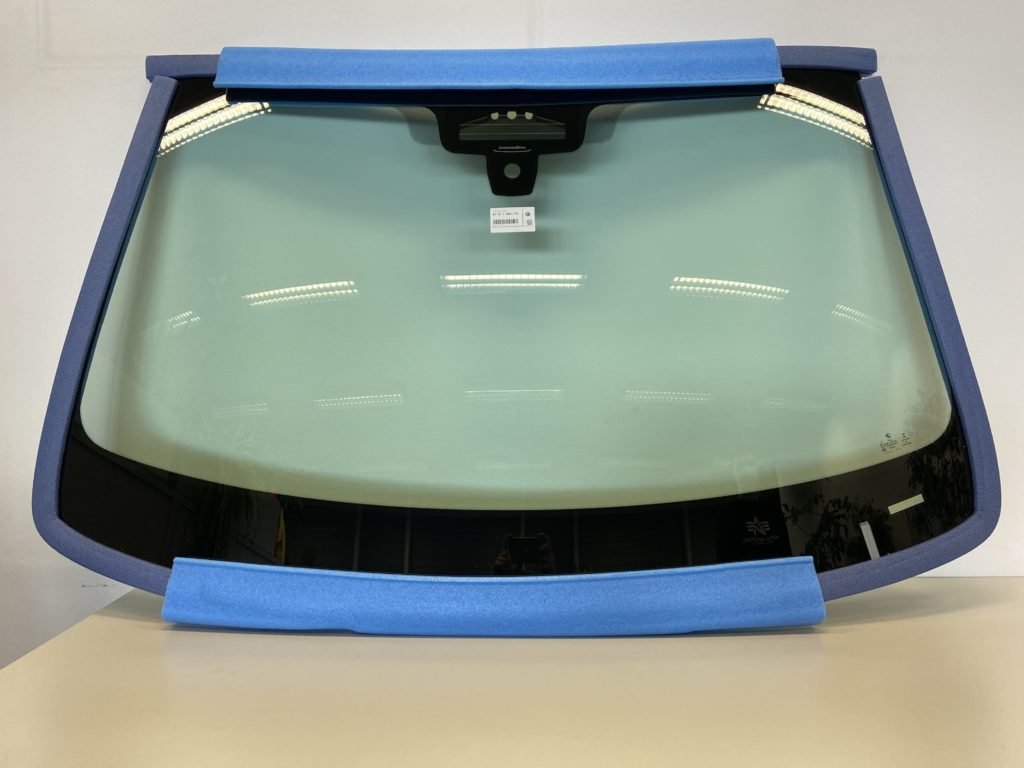
A transition to 100% recycled paper is another agenda item for BMW. The process began to take off in September of 2020, when paper padding used in cardboard boxes was switched to recycled material. When it comes to cardboard, like the corrugated type used to form boxes, BMW is working to eliminate the use of fresh wood fibers in the material; the changeover is scheduled to be complete by 2023. BMW is currently using about 75% recycled paper for packaging.
The development of these innovative new packaging materials happens at the BMW Group Dynamic Center at Group Plant Dingolfing. In 2019, the shipping solution co-developed by BMW and German packaging manufacturer Mondi Ansbach for BMW and Mini instrument panels was recognized with an award. The design replaces roughly 25 different packaging models, and won the German Packaging Award in 2019 and the WorldStar Packaging Award for innovation in 2020.
The next time you pick up an oil filter from your local dealership or order some special BMW part that has to come from Germany, take a look at the packaging, as it’s likely to have been designed with the same kind of attention to detail as the part it’s holding.—Alex Tock
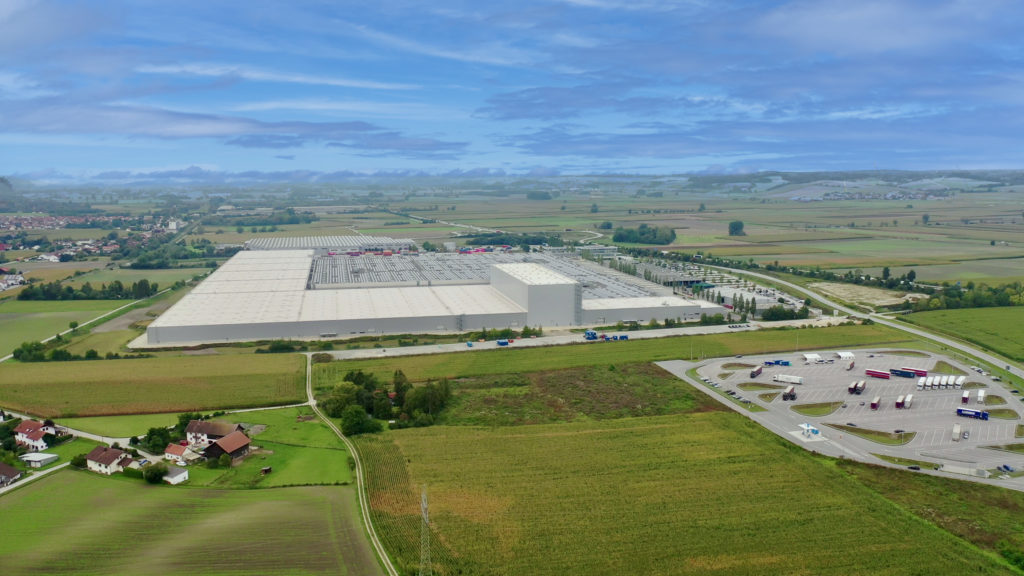
[Photos courtesy BMW AG.]

